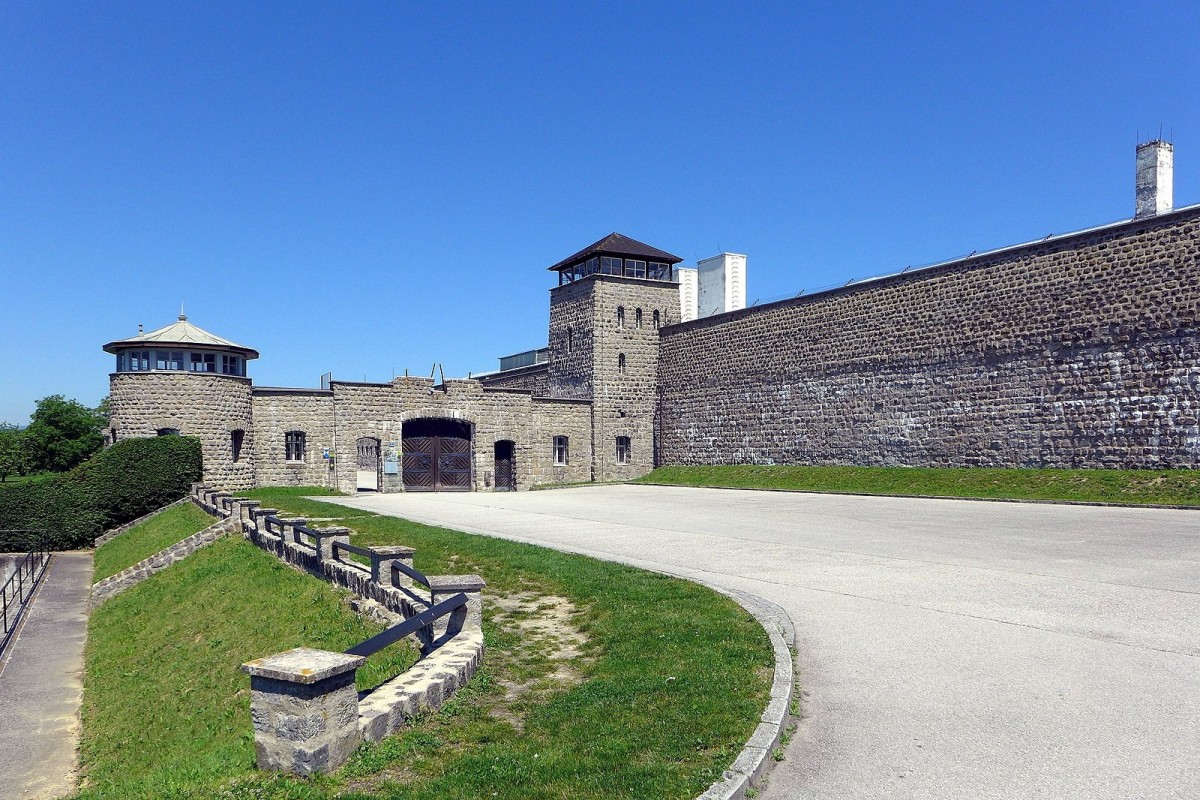Sponsored Content
Commemoration of Victory in Europe Day and Liberation Day in Austria
The government commemorated the liberation from National Socialism in a ceremony. The diplomatic community in Vienna also commemorated the end of the Second World War and the Liberation of the Mauthausen concentration camp.
 Together with contemporary witnesses, government officials, and diplomats from all over the world, the liberation of the Mauthausen Concentration Camp was celebrated at the Concentration Camp Memorial. / Picture: © Wikimedia Commons,Dnalor 01, CC BY-SA 3.0
Together with contemporary witnesses, government officials, and diplomats from all over the world, the liberation of the Mauthausen Concentration Camp was celebrated at the Concentration Camp Memorial. / Picture: © Wikimedia Commons,Dnalor 01, CC BY-SA 3.0
Austrian Chancellor Karl Nehammer spoke at a commemorative event at the Federal Chancellery to mark the end of one of the darkest chapters in Austrian history. Millions of people were murdered, tortured, and humiliated during World War II. The event was attended by researchers, politicians, and an ensemble from the Vienna Philharmonic Orchestra.
Nehammer stressed the importance…
or Log In
Fast News Search





